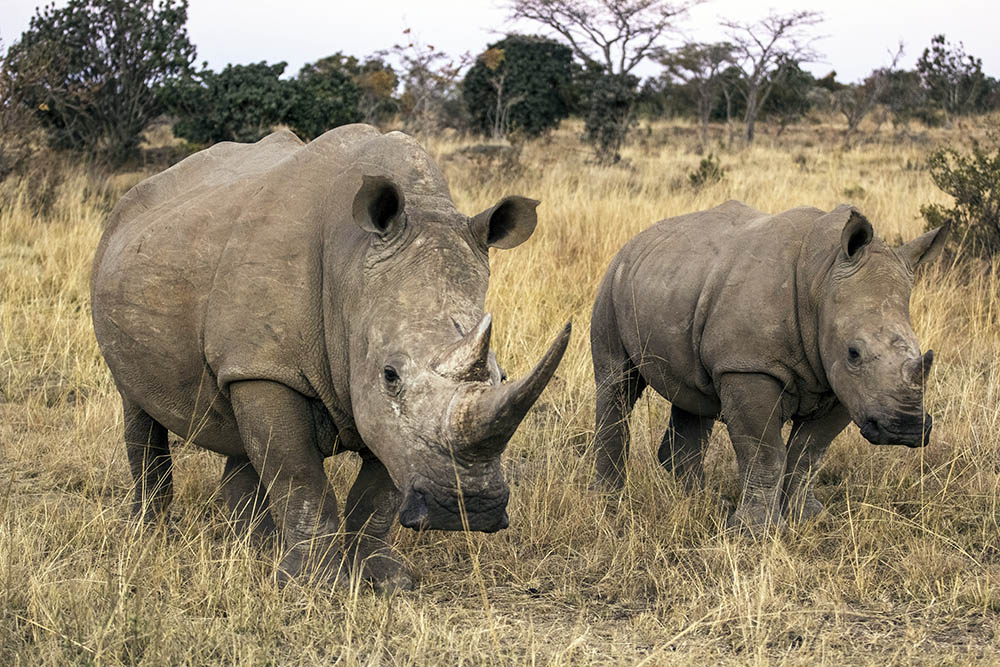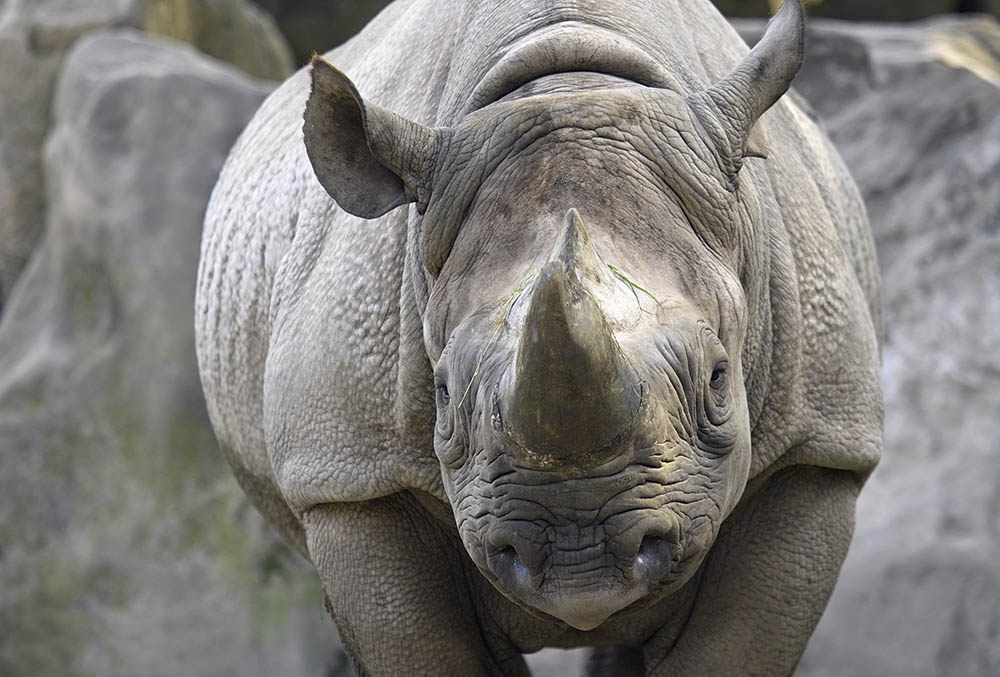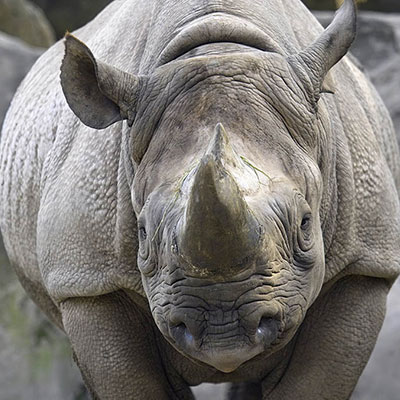I love Facebook. As a business owner, a marketing professional, and simply as a human being for keeping me connected with those I care about. But mostly, I love Facebook because it’s a great tool to reach entire communities and raise awareness of many great causes.
But like any tool, it can be damaging in the wrong hands. Turns out Facebook is a favorite spot for illegal traders of endangered wildlife species and poachers who sell animal-derived products such as rhino horns and elephant ivory tusks. “When we started investigating this, we began to expose this really dark underbelly of online markets,” says Crawford Allan, senior director of TRAFFIC, a wildlife trade monitoring network. “Some of the rarest species on Earth are being traded on Facebook.”

This illegal trade doesn’t even need to retreat to the deep recesses of the so called “dark web,” where the scum of the earth makes money trading illegal material such as child pornography. Due to lack of enforcement, this trade happens pretty much in the open or by using simple code words—ox bone for elephant ivory, YTB for yellow-tailed black cockatoo, double engine or DE for red sand boas, four wheeler for star tortoise, striped T-shirt for tiger skin.
“It’s like a whack-a-mole game,” says Wolfgang Weber, senior director of global regulatory and policy management at eBay. “We start blocking the term ox bone, and then sellers switch to another name like fauxivory.” For this reason, he says, it will never be possible to achieve 100 percent detection and prevention online.
According to World Wildlife Fund, the illegal wildlife trade has become the fifth largest trade after narcotics, netting an estimated $10 billion per year. More than half of the wildlife populations around the world have disappeared in the past 40 years and the damage is getting out of hand thanks to the accessibility of online sites. From 1998 to 2011, demand for ivory—which now fetches about $1,000 per pound—increased by 300 percent. In 2007, 13 rhinos were poached in South Africa; in 2011, that figure spiked to more than 1,000. Rhino horn, despite being the medicinal equivalent of eating fingernails or hair, now fetches its weight in gold—about $30,000 per pound. If that business continues, rhinos will be extinct by 2020!
Allan and others have worked with sites such as eBay, Google Shopping and Etsy to control what’s possible by identifying what animal products can and cannot be posted online. EBay has had some restrictions on wildlife—including a ban on live animals—in place for more than a decade, and it recently included ivory. In 2012, Google reached out to TRAFFIC for help in developing a set of policies for what animal products should and should not be allowed on Google Shopping; those rules were put in place six months later. In 2013, Etsy followed suit, banning products made from endangered wildlife and ivory.
So is Facebook really to blame? After all, it is just a reflection of who we are as human beings, the good, the bad and the ugly. It’s unfortunate that we can’t get rid of all the bad ones by simply “unfriending” them like we do with those crazy old boyfriends.

Source: Newsweek, October 2014



